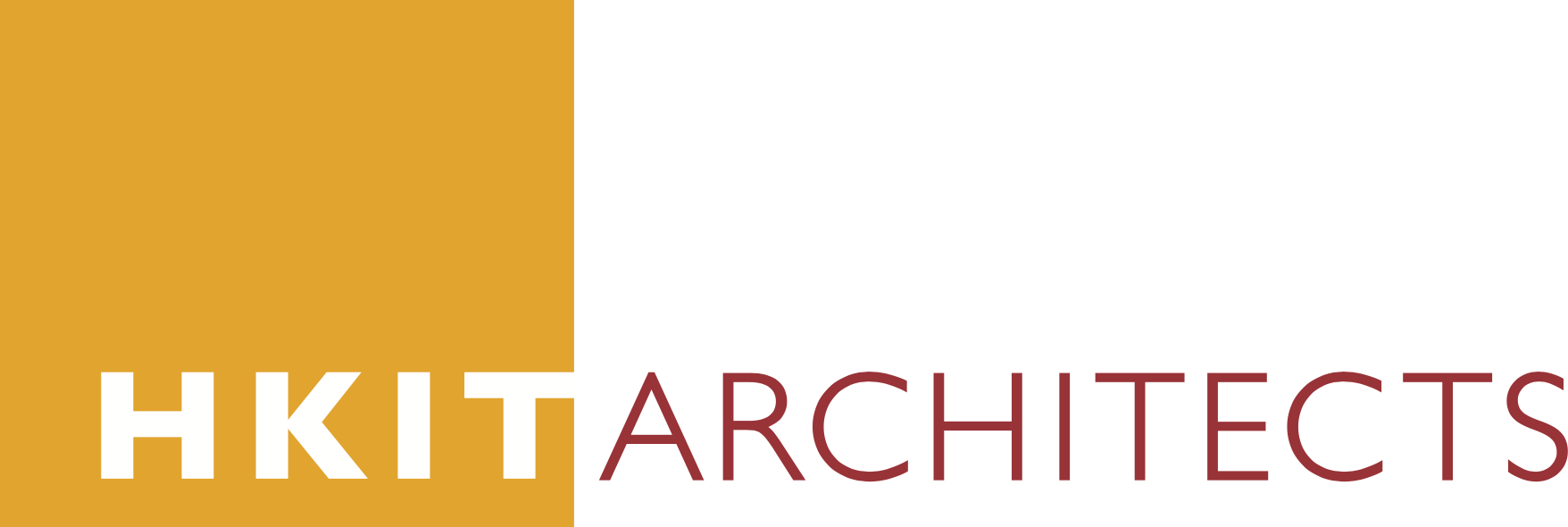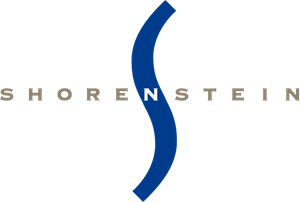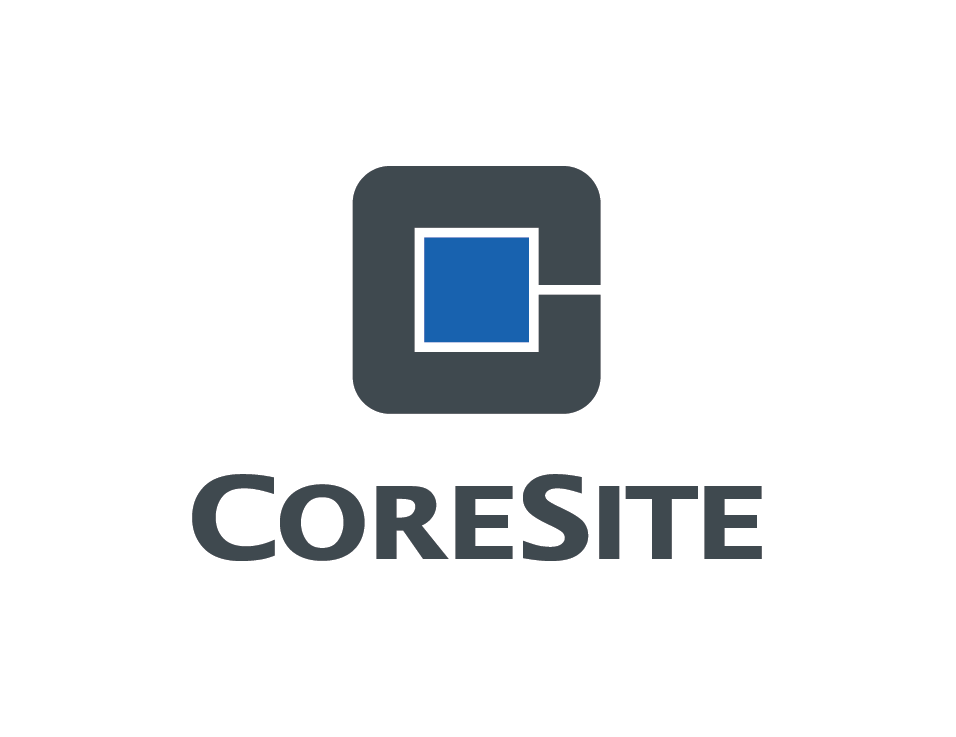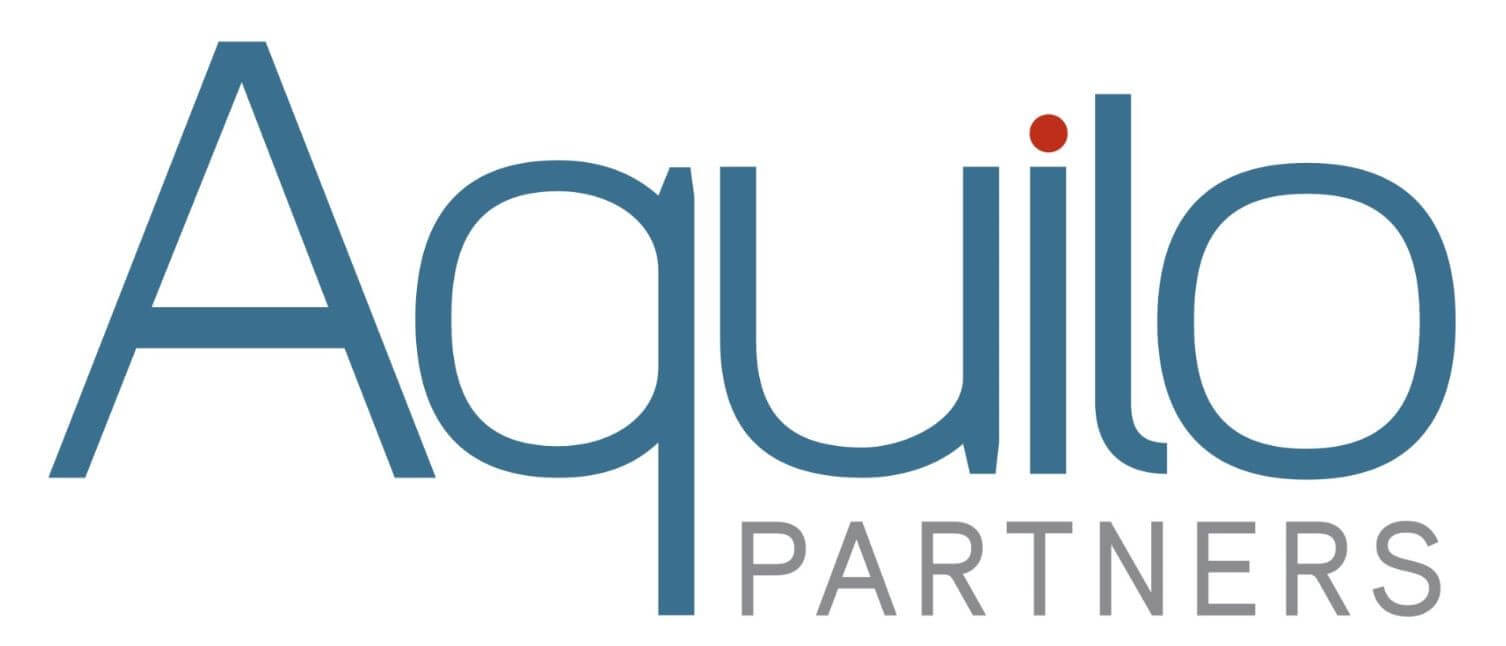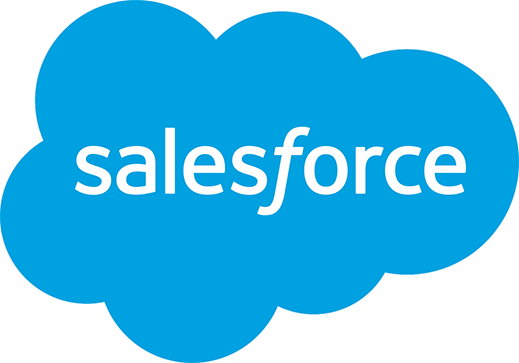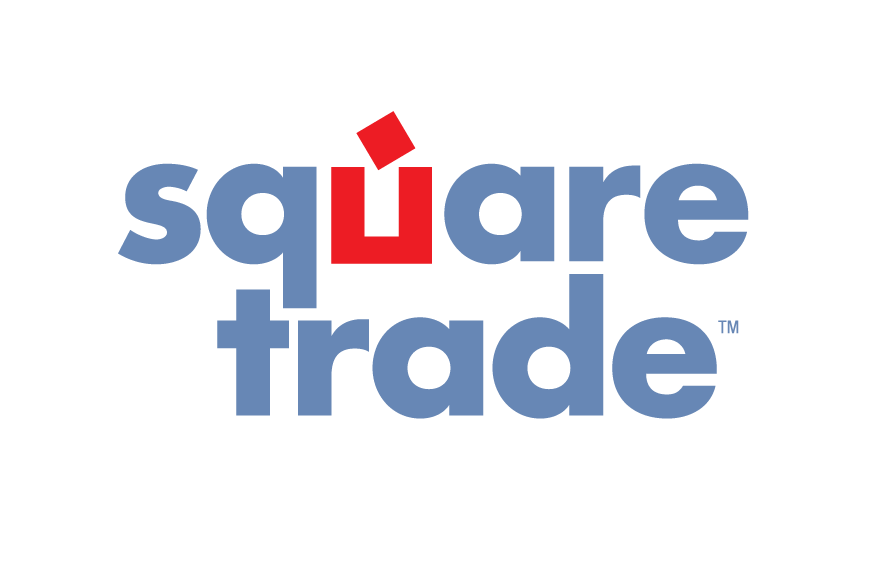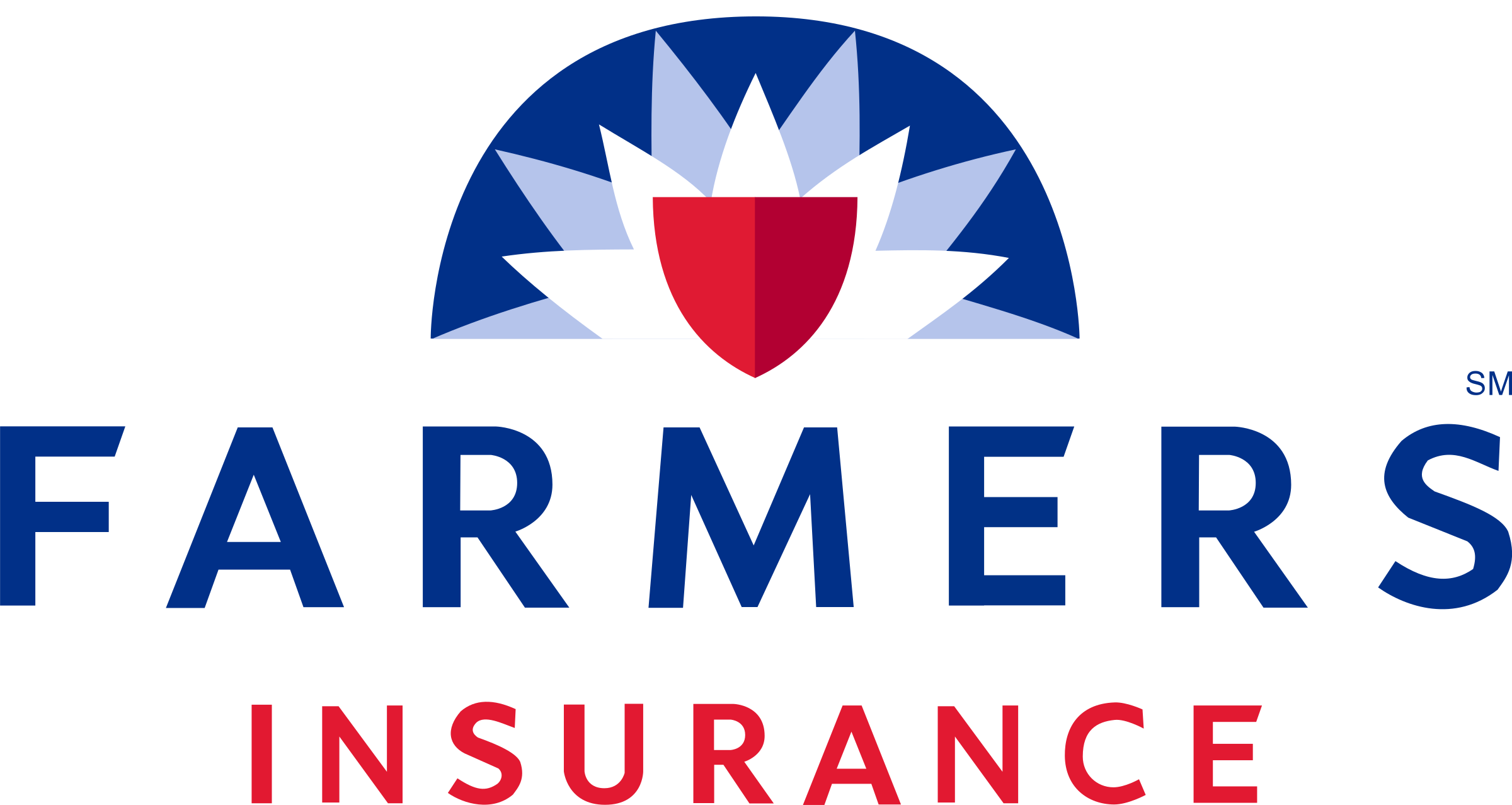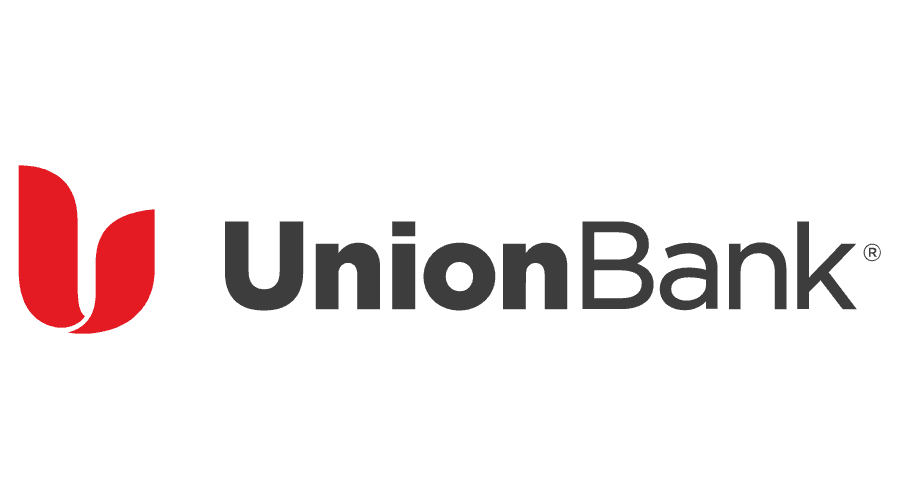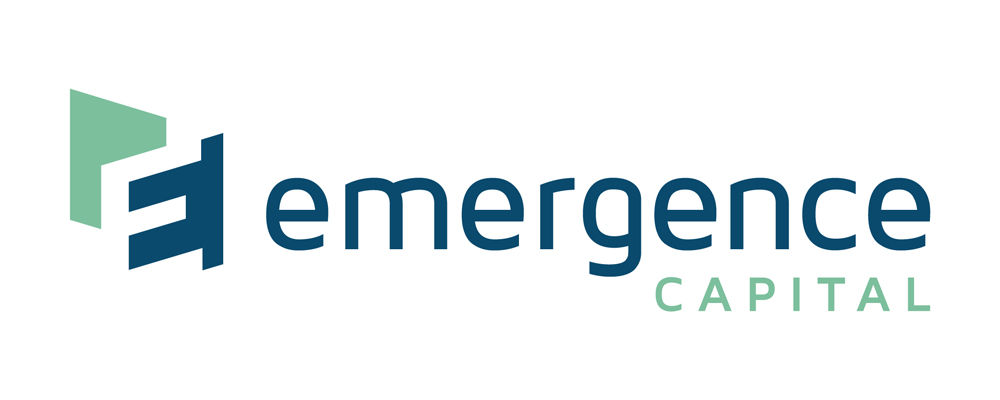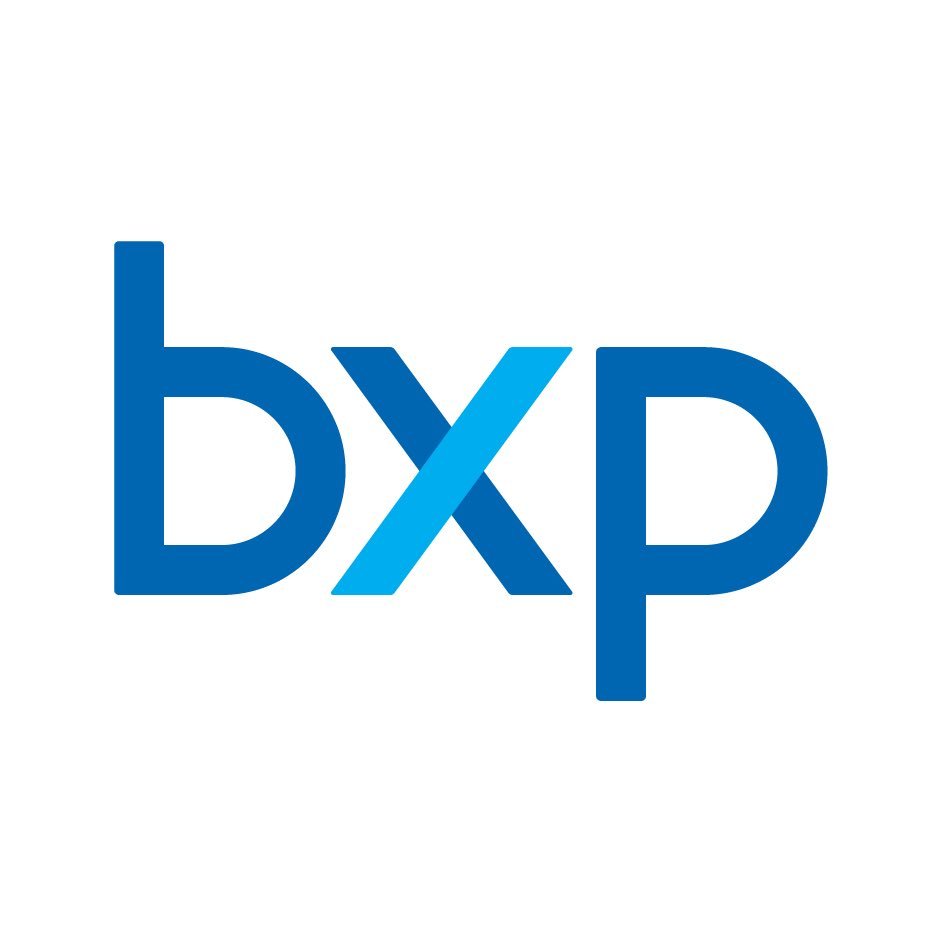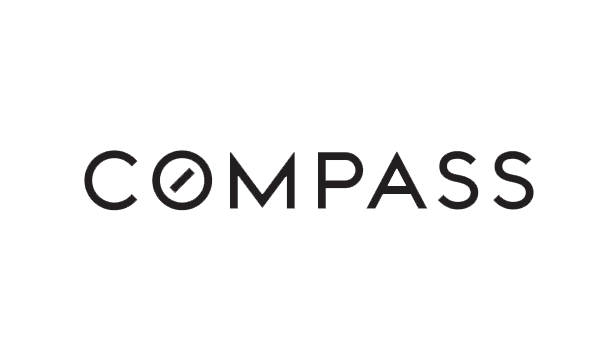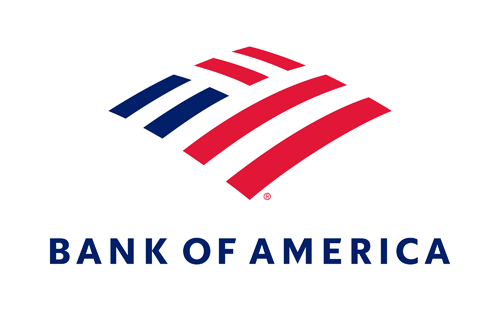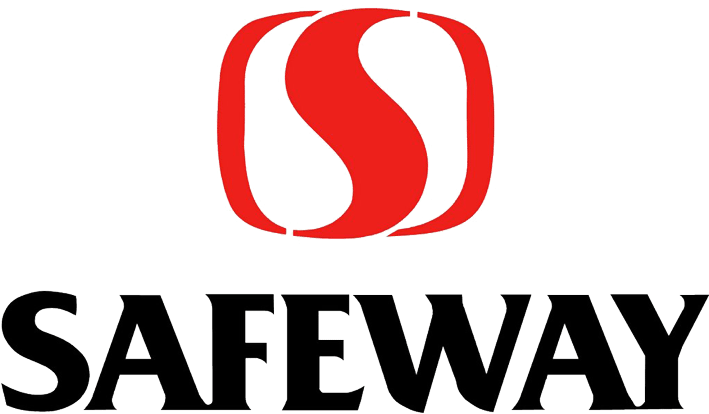Update on California anti-poverty legislation

May is an exciting month for state-level advocacy for policies affecting low-income and homeless Californians. St. Anthony’s is tracking California legislation to:
- Improve public assistance programs like SSI/SSP, CalFresh, and CalWORKs
- Expand funding for affordable housing in California
- Support low-income working Californians
- Address the human rights of homeless Californians
- Address housing and health needs of incarcerated Californians
- Expand MediCal and health insurance coverage to all Californians, regardless of immigration status
Upcoming deadlines:
- May 29, 2015: Last day for fiscal committees to pass bills. (Bills not released from fiscal committees by this date can’t move forward in the legislative process this year.)
- June 5, 2015: Last day for Assembly and Senate to pass bills out of house of origin. (Bills that make it to the Senate or Assembly floor must be passed by this date in order for them to move to the other house.)
Upcoming Action Steps:
Sign up for Advocacy Alerts from St. Anthony’s to find out how and when to contact your legislators.
- Now – May 29: Contact Appropriations Committees in the Senate or Assembly and ask them to pass bills out of committee so they can be voted on by the full Senate or Assembly.
- May 29 – June 5: Contact your Senator or Assemblymember and ask them to vote “yes” on the bills.
Legislation we’re watching:
Housing/Homelessness
Problem:
- California does not have a dedicated revenue source for the building of affordable housing.
Solutions:
AB 35 (Chiu). Income taxes: credits: low-income housing: allocation increase. This bill would increase the aggregate housing credit dollar amount that may be allocated among low-income housing projects by $300,000,000.
AB 1335 (Atkins): Building Homes & Jobs Act.
The bill would impose a fee of $75 to be paid at the time of the recording of every real estate instrument, paper, or notice required or permitted by law to be recorded. Revenues from this fee may be expended for supporting affordable housing, home ownership opportunities, and other housing-related programs.
Problems:
- Formerly incarcerated people need housing, sometimes with support services, to be able to successfully re-enter their communities.
- California cities and counties are criminalizing homeless people who sleep in vehicles, leading to loss of stability, loss of access to a vehicle for transportation purposes, and risk of vehicle seizure.
Solutions:
AB 396 (Jones-Sawyer) Housing discrimination: criminal record.
This bill would prohibit the owner of a rental housing accommodation from inquiring about, or requiring an applicant for rental housing accommodation to disclose, a criminal record during the initial application assessment phase.
AB 1056 (Atkins). Second Chance Program.
Establishes the Second Chance Program to build safer communities by investing in community-based programs, services, and initiatives for formerly incarcerated individuals in need of mental health and substance use treatment services.
AB 718 (Chu). Local government: powers.
This bill would prohibit the legislative body of a city, county, or city and county from prohibiting, or otherwise subjecting to civil or criminal penalties, the act of sleeping or resting in a lawfully parked motor vehicle.
Work and Income:
Problem:
- Unpredictable scheduling practices and last-minute work schedule changes cause workers who are already struggling with low wages to live in a constant state of insecurity about when they will work or how much they will earn on any given day.
Solution:
AB 357 (Chiu). Fair Scheduling Act of 2015.
The bill would require food and general retail establishments with more than 500 employees throughout the state to provide its employees with at least 2 weeks’ notice of their schedules. Employers would be required to pay those employees additional pay for each previously scheduled shift that the employer moves to another date or time or cancels and each previously unscheduled shift that the employer requires an employee to work, and would also require the employer to pay those employees a specified amount for each on-call shift for which the employee is required to be available but is not called in to work.
Problem:
- The current Paid Family Leave (PFL) benefit level in California is insufficient to offer meaningful wage replacement for California workers, especially for low-wage workers.
Solution:
AB 908 (Gomez). Disability compensation: family temporary disability insurance.
This bill 1) Increases the maximum duration of PFL insurance benefits from 6 to 10 weeks. 2) Establishes a minimum weekly benefit amount of $250. 3) Increases the wage replacement rate for PFL benefits from 55% to 80% for those who make up to 25% of the full-time minimum wage; .75% for those who make between 25% and 75% of the full-time minimum wage; and 65% for those who make more than 75% of the full-time minimum wage.
Improve health and public assistance / anti-poverty programs:
Problem:
- CalWORKs, California’s welfare-to-work program, provides cash assistance and work supports to low-income California families with children. Current grant levels are very low, with the average grant putting most recipients at “deep poverty” – less than half of the Federal Poverty Level. Unfair or unclear program and application rules make it difficult or impossible for potential beneficiaries to participate in the program.
Solutions:
AB 371 (Mullin). CalWORKs Family Unity Act.
This bill would repeal current law which imposes a “deprivation test” on families who apply for CalWORKs. The deprivation test disqualifies two-parent families who are poor enough to qualify for CalWORKs from receiving aid because the primary wage-earner worked more than 100 hours in a month.
AB 433 (Chu). Public social services: CalWORKs.
This bill would temporarily maintain CalWORKs eligibility and grant levels for a parent who experiences the loss of a child.
SB 23 (Mitchell). Repeal Maximum Family Grant rule.
This bill would prohibit the denial of CalWORKs aid or denial of an increase in the maximum aid payment as a result of the birth of a child.
SB 312 (Pan). Public Assistance: Personal Interviews
This bill would authorize the county welfare department to conduct the CalWORKs personal interview telephonically or through electronic means if the county welfare department determines that a personal interview by telephone or electronic means would be more efficient.
Problem:
- Seniors and people with disabilities on SSI/SSP are living on incomes below the Federal Poverty level and are unable to afford the basics: food, clothing, shelter, and out-of-pocket medical costs.
Solution:
AB 474 (Brown, Thurmond). Public social services: SSI/SSP.
This bill would require the state maximum SSP grant for individuals to be readjusted and increased so that the state SSP payment and federal SSI payment, when combined, equal 112% of the federal poverty level.
Problem:
- An estimated 1.4 million undocumented Californians are uninsured – they don’t qualify for MediCal or for help purchasing insurance through Covered California because of their immigration status. Those without insurance often do not have access to preventive services that can keep them healthy, or treatments that can help manage or cure illnesses.
Solution:
SB 4 (Lara). Health care coverage: immigration status.
Extends eligibility for full-scope Medi-Cal benefits to individuals who are otherwise eligible for those benefits but for their immigration status. Requires the Secretary of California Health and Human Services Agency to apply to the federal Department of Health and Human Services for a Section 1332 innovation waiver in order to allow persons otherwise not able to obtain coverage through Covered California because of their immigration status to obtain coverage without premium or cost-sharing subsidies by waiving the requirement that Covered California offer only qualified health plans.
Problem:
- The application process for anti-hunger programs like CalFresh and school meals can be difficult to navigate, especially for working families and homeless people. Online or telephonic applications can improve the ability for low-income working people and people struggling with the instability of homelessness to access programs. Improving work requirements will make programs more accessible and can lead to a real pathway out of poverty for people who need assistance with food.
Solutions:
SB 297 (McGuire). Public Benefits – Eligibility Determinations
This bill would improve access to CalFresh by requiring the state to issue guidance to counties about electronic signatures for CalFresh applications and clarifies existing law regarding when a CalFresh applicant must complete a face-to-face vs. telephone interview.
SB 306 (Hertzberg) – CalFresh: eligibility: work requirements.
This bill would excuse all CalWORKs recipients from welfare-to-work participation during any month for which the National Bureau of Economic Research has declared the United States to be in an economic recession or economic depression. This bill would require all counties to participate in the CalFresh Employment & Training program, and would direct each county to provide a placement in the program for every ABAWD (able-bodied adult without disabilities) that requests one.
SB 521 (Liu). CalFresh Employment & Training (E&T) Program
This bill would require the California Department of Social Services (CDSS) to request a federal waiver to permit counties to provide post-employment services of the CalFresh E&T program, for a period of up to five months. It would require CDSS to issue annual guidance for county human services agencies wishing to partner with a community college in the administration of its CalFresh E&T program, as specified. Additionally, it would prohibit a county from assigning a CalFresh penalty to a client who has been sanctioned in CalWORKs for noncompliance with their welfare-to-work plan until the county has taken steps to ensure the recipient does not qualify for an exemption to the CalFresh work requirement, or has the opportunity to cancel the sanction by registering for work, as specified.
SB 708 (Mendoza). Pupil nutrition: free or reduced-price meals: online applications.
This bill would authorize the governing boards of school districts and county superintendents of schools to also make applications for free or reduced-price meals electronically available online. The bill would require all applications to include clear instructions for families that are homeless or are migrants.






